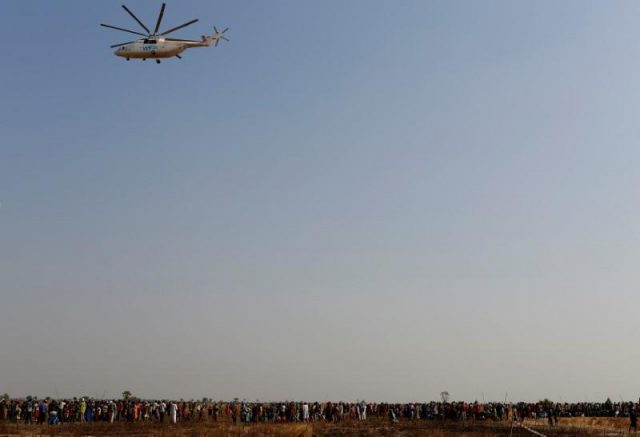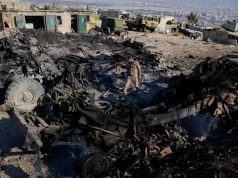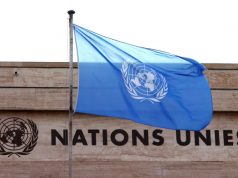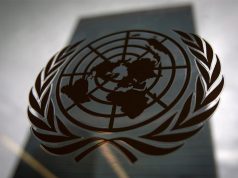
UNITED NATIONS — The U.N. Security Council on Wednesday called on warring parties in Yemen, Somalia, South Sudan and northeastern Nigeria to allow humanitarian aid access and urged countries to donate more money to avert famines threatening 20 million people.
In a statement drafted by Sweden, the 15-member council expressed “deep concern that ongoing conflicts and violence have devastating humanitarian consequences and hinder an effective humanitarian response in the short, medium and long term, and are therefore a major cause of famine” in these four countries.
“The Security Council calls upon all parties in Yemen, South Sudan, Somalia and northeast Nigeria to urgently take steps that would enable a more effective humanitarian response,” the statement said.
The United Nations appealed in February for $4.9 billion to combat what it calls the largest humanitarian crisis since the world body was formed more than 70 years ago, but U.N. spokesman Stephane Dujarric said only 51 percent of that amount has been received.
“These four contexts are very different but one thing is in common — they are all affected by conflict, they are manmade and also the humanitarian access is hampered by the ongoing conflict,” Sweden’s Deputy U.N. Ambassador Carl Skau told reporters.
The statement also asked U.N. Secretary-General Antonio Guterres to brief the Security Council in October on impediments to responding to the risk of famine in Yemen, South Sudan, Somalia and northeastern Nigeria and make recommendations on how to overcome any obstacles.
U.S. Ambassador to the United Nations Nikki Haley said famine was an issue of peace and security.
“The Security Council has finally acknowledged the clear link between conflict and famine,” she said in a statement.
Yemen has been embroiled in conflict for several years with Iran-allied Houthi rebels fighting Yemeni government forces backed by a Saudi Arabia-led military coalition.
South Sudan plunged into civil war in 2013 after President Salva Kiir sacked his deputy Riek Machar, while in northeastern Nigeria, the Islamist militant group Boko Haram is targeting military and civilians.
Somalia has been at war since 1991, when clan-based warlords overthrew dictator Siad Barre and then turned on each other. Al Qaeda-affiliated militant group al Shabaab has since gained a foothold in the country during the chaos.









